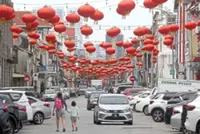DESPITE the trappings of modern life, the country’s Chinese community has not forgotten its roots.
This is especially evident during Chinese New Year when age-old traditions are observed across all social strata, which in turn ensures they will be passed on to the younger generation.





